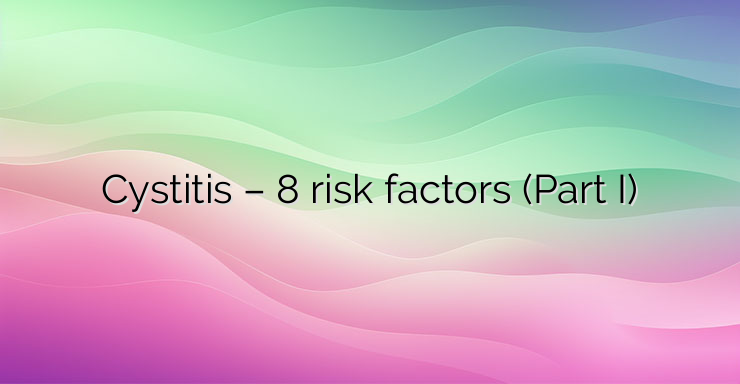Pain in the lower abdomen, frequent urges to urinate (several times per hour), a feeling of a full bladder after emptying, blood in the urine – these are symptoms of cystitis. Cystitis is acute and chronic. In chronic, acute complaints appear 3 or more times in a year or do not disappear at all. Bladder inflammation can be caused by infection with bacteria, viruses, fungi, etc. pathogenic microorganisms, kidney and urinary tract stones, foreign bodies, endocrine diseases, menopause, physical and chemical factors, oncological diseases, drugs. There is also a type of cystitis called interstitial, the causes of which are still not clear. Cystitis is more a disease of women – they suffer 8-10 times more often than men. This is due to peculiarities of female anatomy: the urethra in women is 4-5 cm, while in men it is 18-23 cm. In addition, the opening of the urethra, vagina and anus in women are located in close proximity. Men suffer from cystitis after 40, when the disease develops rather as secondary to chronic prostatitis, adenoma, etc. Cystitis can be treated by the general practitioner, but the better option is to take the therapy from a urologist. Women should also consult a gynecologist. In fact, it often happens that the representatives of the stronger sex are treated by urologists for cystitis, bladder and kidney diseases, and women overcome cystitis at gynecologists. Before the appointment of the therapy, a urinalysis, microbiological examination of vaginal discharge and urethral discharge is undertaken. Tests for sexually transmitted diseases are also prescribed, especially for recurrent cystitis. It is possible for the doctor to prescribe other tests, including ultrasound, X-ray, etc. The symptoms of cystitis disappear quickly, which does not mean that the disease is cured. Untreated, cystitis becomes chronic. That is why it is recommended to consult a doctor at the first symptoms. Uncomplicated bacterial cystitis readily responds to antibiotic therapy. The recommendation is not to neglect classical treatment and not to resort to self-medication. In reality, the medication course may be short. There is a treatment option for acute uncomplicated cystitis, which is carried out with a single dose of an antibiotic. Second part of the material


Leave a Reply